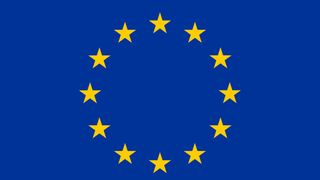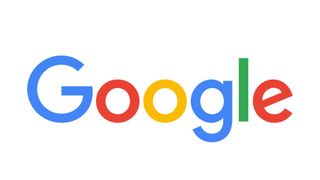Google Hit With $1.7B EC Fine


The European Commission has fined Google €1.49B (about $1.7B) after it concluded that Google is both dominant in online search advertising and has used that power and its AdSense ad broker service to prevent competition "on the merits" in violation of EU antitrust rules.
That is based on Google's search ad market shares exceeding 85% for most of the time since 2006, and by the high barriers to entry for competitors in search. The fine is 1.29% of Google's search revenue in 2018. Google discontinued the alleged practices in 2016, says the EU.
But just in case, the EC decision requires Google to stop illegal conduct to the extent it hasn't already done so and not to do the same or the equivalent again..
"Today the Commission has fined Google €1.49 billion for illegal misuse of its dominant position in the market for the brokering of online search adverts," said commissioner Margrethe Vestager, who heads up competition policy. "Google has cemented its dominance in online search adverts and shielded itself from competitive pressure by imposing anti-competitive contractual restrictions on third-party websites. This is illegal under EU antitrust rules. The misconduct lasted over 10 years and denied other companies the possibility to compete on the merits and to innovate - and consumers the benefits of competition.”
"We’ve always agreed that healthy, thriving markets are in everyone’s interest," said Google SVP of Global Affairs Kent Walker. "We've already made a wide range of changes to our products to address the Commission's concerns. Over the next few months, we’ll be making further updates to give more visibility to rivals in Europe.”
According to the EC, Google used its AdSense search ad broker platform in 2006 to create exclusivity clauses that prohibited publishers "from placing any search ads from competitors on their search results pages," then in 2009 began phasing those out in favor of clauses that required the publishers to "reserve the most profitable space on their search results pages for Google's ads and request a minimum number of Google ads," which had the effect of preventing Google competitors from getting that prime space. It also allegedly included clauses requiring publishers to get approval from Google before changing how competing ads were displayed.
The EC concluded that means Google competitors were not able to compete on the merits, while Google received the more valuable space on those sites, while controlling the space of rivals,
Broadcasting & Cable Newsletter
The smarter way to stay on top of broadcasting and cable industry. Sign up below
There is a private right of action, so Google remains liable for civil actions in courts of Member States from any individual or business affected by is behavior, with a new EU directive making it easier to collect damages for anti-competitive conduct.
The fine is the third in as many years against the search giant, following a 2017 European Commission fine of €2.42 for abusing its dominance in comparison shopping services, and a 2018 fine of €4.34 using Android devices to "strengthen the dominance of its search engine."
Related: Report: Facebook, FTC, Negotiating Multi-Billion Dollar Fine
In a bog post following the announced fine, Walker talked about the changes made since the two previous fines.
"Every year, we make thousands of changes to our products, spurred by feedback from our partners and our users," he said. "Over the last few years, we’ve also made changes一to Google Shopping; to our mobile apps licenses; and to AdSense for Search一in direct response to formal concerns raised by the European Commission.
"Since then, we’ve been listening carefully to the feedback we’re getting, both from the European Commission, and from others. As a result, over the next few months, we’ll be making further updates to our products in Europe.
The Federal Trade Commission and Justice Department are under some pressure from the Hill to look more critically at the impact of edge provider dominance and practices--particularly Google and Facebook--in this country as well.
Contributing editor John Eggerton has been an editor and/or writer on media regulation, legislation and policy for over four decades, including covering the FCC, FTC, Congress, the major media trade associations, and the federal courts. In addition to Multichannel News and Broadcasting + Cable, his work has appeared in Radio World, TV Technology, TV Fax, This Week in Consumer Electronics, Variety and the Encyclopedia Britannica.

